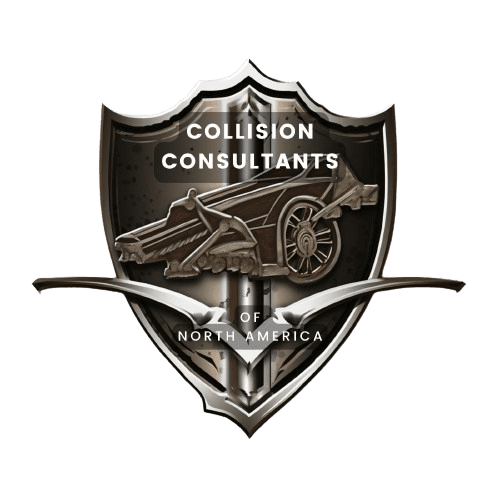Consultation and Assessment Services

Total Loss Evaluations
What Is a Total Loss and How Is It Determined?
Your insurance company may declare your car a total loss if the cost to repair the damage exceeds the car's actual cash value (ACV) or if the repair costs surpass a certain percentage of its ACV (also called fair market value).
For example, if your car has a fair market value of $20,000 and the damage costs $16,000 to repair, that’s 80% of the car’s value. In states with a total-loss threshold below 80%, your vehicle may be considered a total loss. Essentially, this means the car is no longer worth repairing.
What Is Actual Cash Value?
Actual cash value (ACV) refers to the market value of your vehicle at the time of the accident or loss. This value takes into account factors like the car’s age, make, model, mileage, wear and tear, and the extent of the damage caused by the accident.
Insurance companies use these factors to determine whether it’s worth repairing your vehicle or declaring it a total loss. A newer car in good condition will generally have a higher ACV than an older, worn-out vehicle. If your car is older or in poor condition (a “beater”), the insurer may determine it's not worth repairing.
Total Loss Thresholds Vary by State
The threshold for declaring a car a total loss varies by state. If the cost to repair the vehicle exceeds this threshold, your insurer will likely declare it a total loss. Once declared, your insurer will issue a total-loss settlement, which is the vehicle’s current value minus your deductible.
If you owe money on the car, this settlement may be paid to your lender rather than you, depending on your policy terms.
Frequently Asked Questions (FAQs)
1. How is the actual cash value of my car calculated?
The ACV is determined by several factors, including the car’s make, model, age, mileage, and condition (both before and after the accident). Your insurance company may use industry databases, repair estimates, or market research to determine this value.
2. How can I find out if my car has been declared a total loss?
If your car has been deemed a total loss, your insurance company will notify you, typically after reviewing the damage and comparing the repair costs to the car's actual cash value.
3. What happens if my car is totaled but I still owe money on it?
If your car is financed and is declared a total loss, the insurance company will typically send the settlement amount directly to your lender to pay off the loan. If the settlement doesn’t fully cover your outstanding balance, you may be responsible for paying the difference.
4. Can I dispute the total loss value if I think it’s too low?
Yes, you can challenge your insurance company's determination if you believe the car’s value is undervalued. You may need to provide supporting documentation (e.g., Hire Collision Consultants of North America) to show that the value should be higher.
5. Does my insurance policy cover the full value of my car?
It depends on your coverage. If you have comprehensive or collision coverage, your insurer will typically pay the ACV of your vehicle, minus your deductible. However, if you have a gap insurance policy, it may cover the difference between the settlement and what you still owe on the car.
6. Can I keep my totaled car?
Yes, in many cases, you can keep your totaled car. The insurance company may deduct the salvage value (the amount they would receive for the car if sold for parts) from your payout if you choose to retain the car.
Key Takeaways:
- Total loss occurs when repair costs exceed the vehicle's value or a state-specific threshold.
- Actual cash value (ACV) is the current market value of your vehicle, factoring in age, condition, and damage.
- If your car is financed, the total-loss settlement may go directly to your lender.
- Total loss thresholds vary by state, so be sure to check your local regulations.
Contact Us
Get in Touch
Ready to experience the expertise and advocacy of Collision Consultants of North America? Fill out our contact form today and let us guide you through the complexities of collision repair with precision, transparency, and a commitment to your safety and satisfaction.
